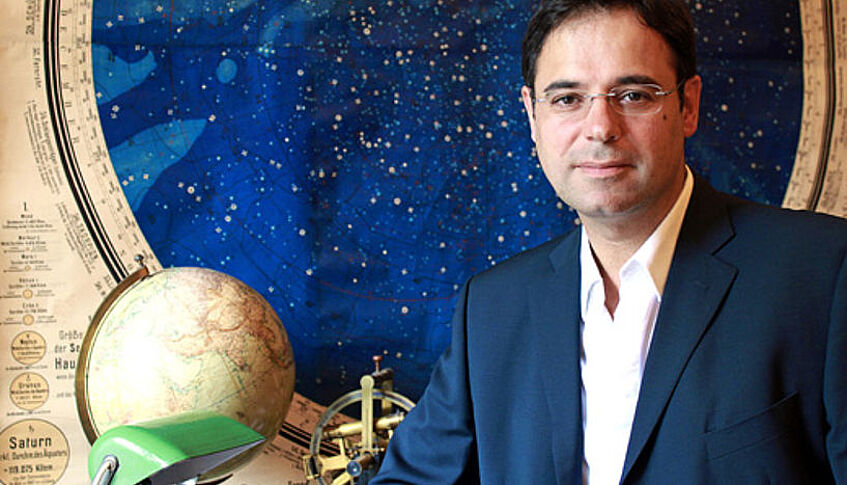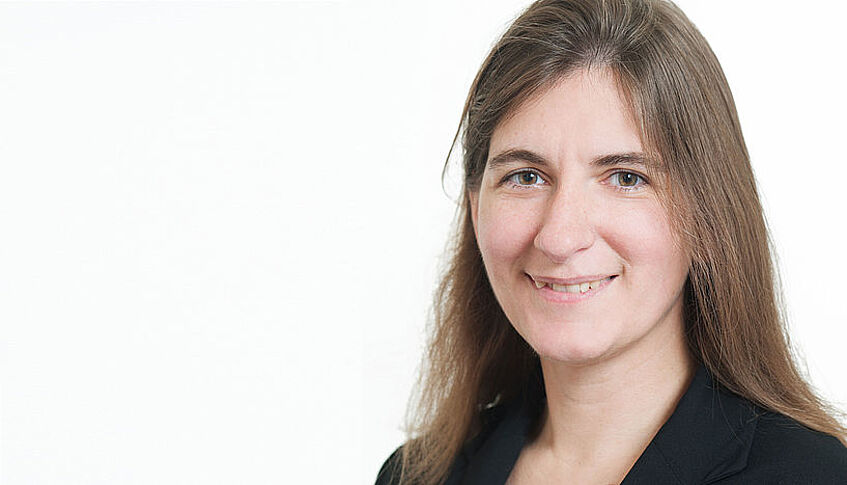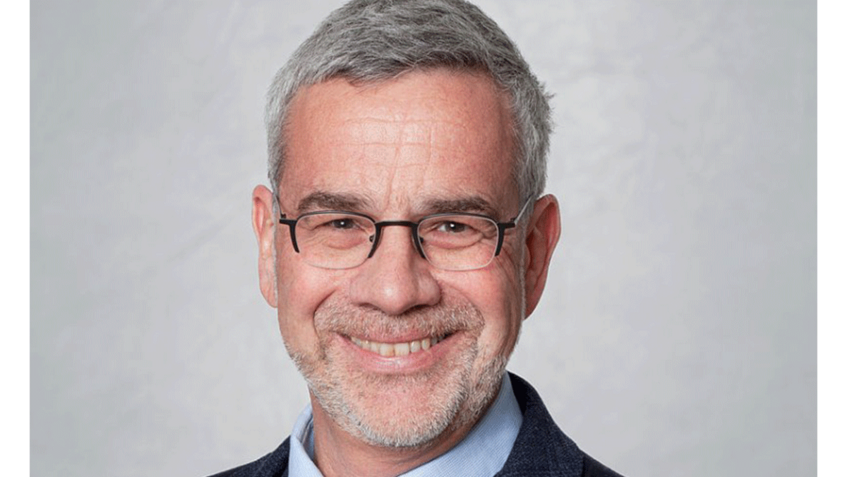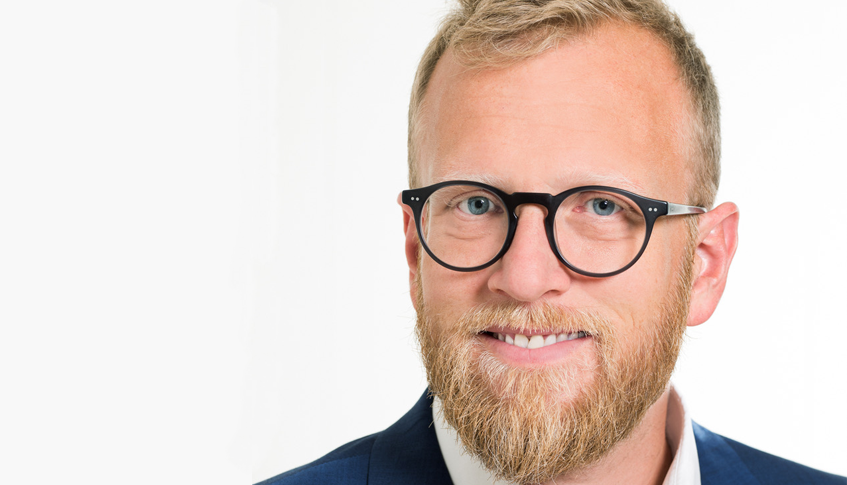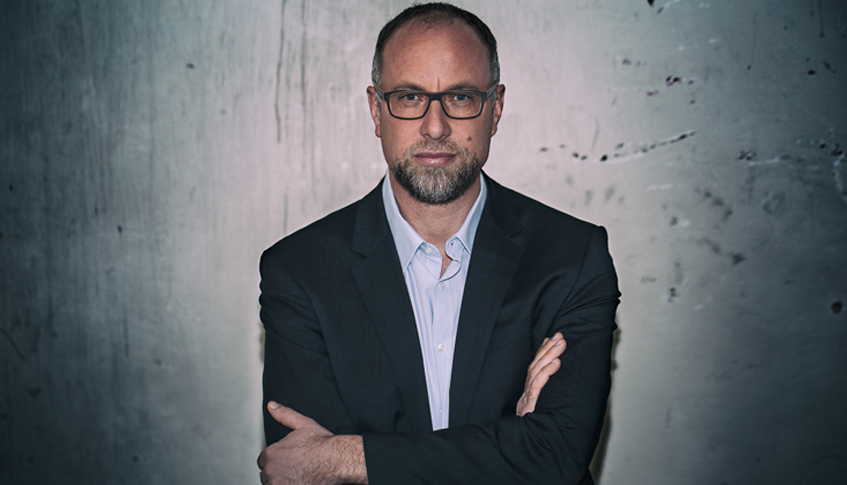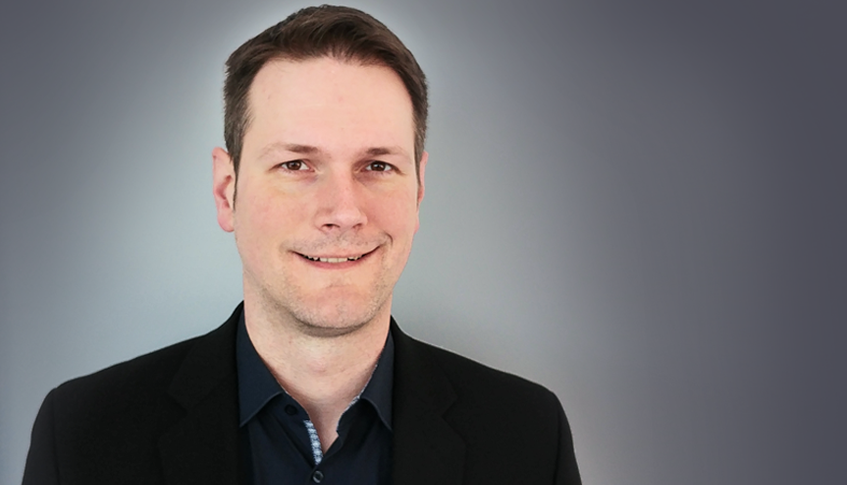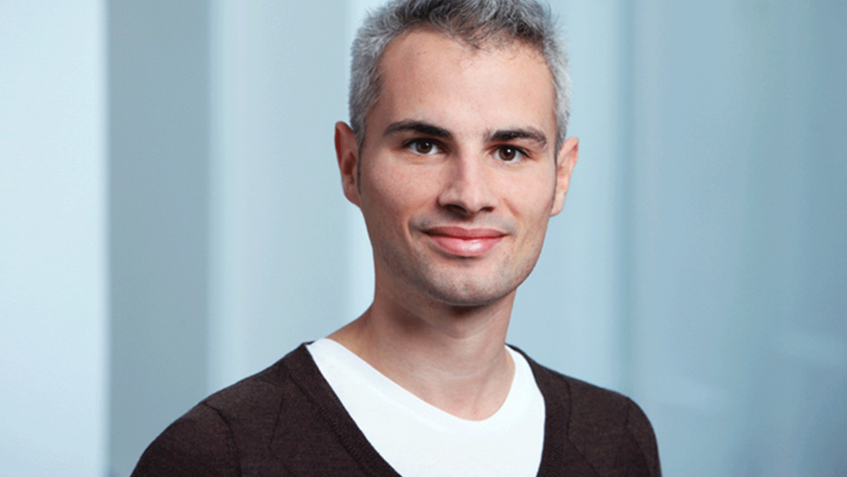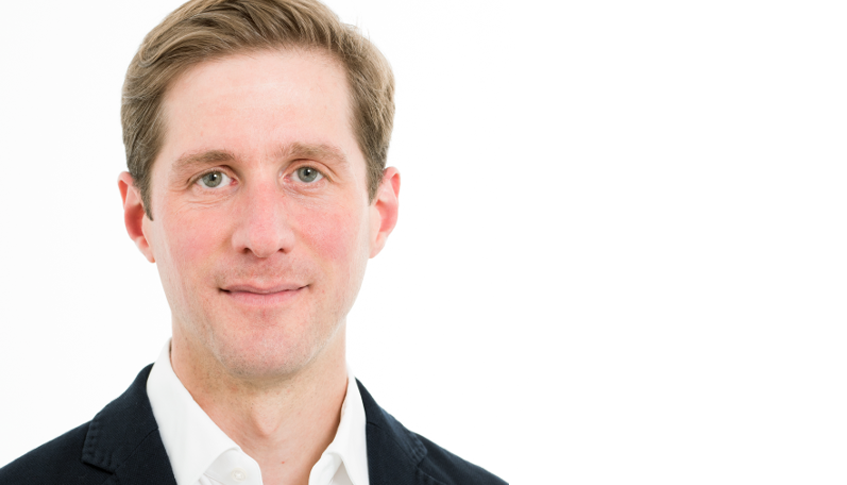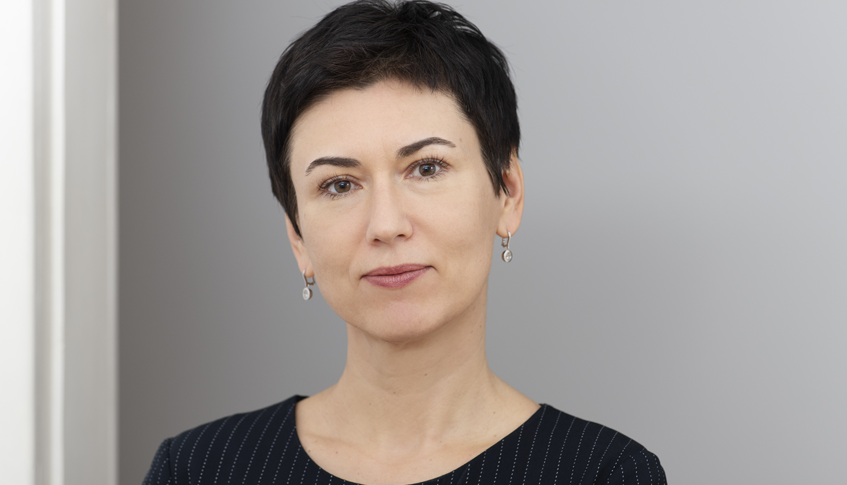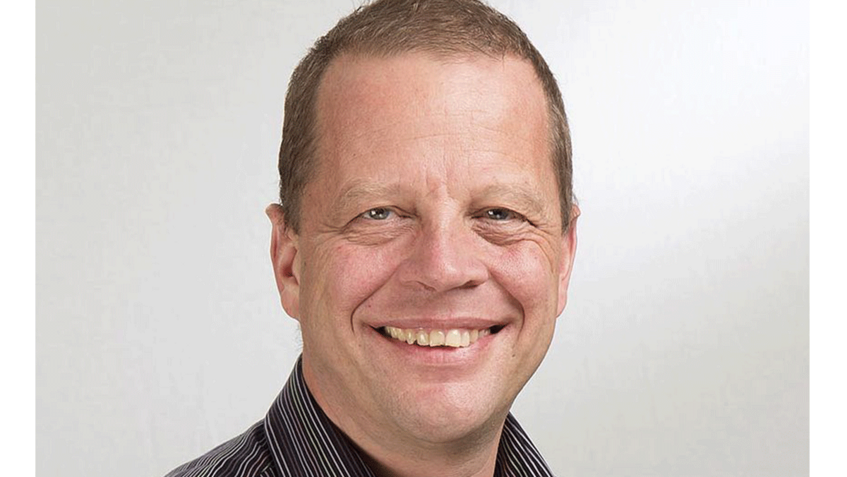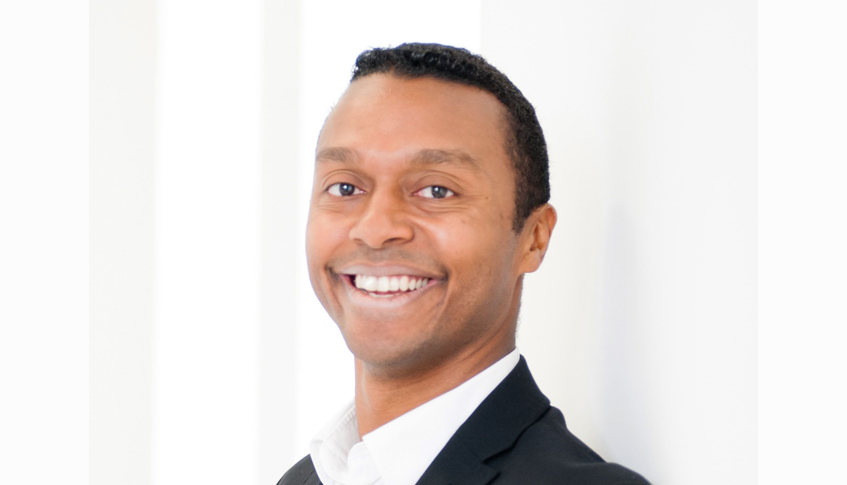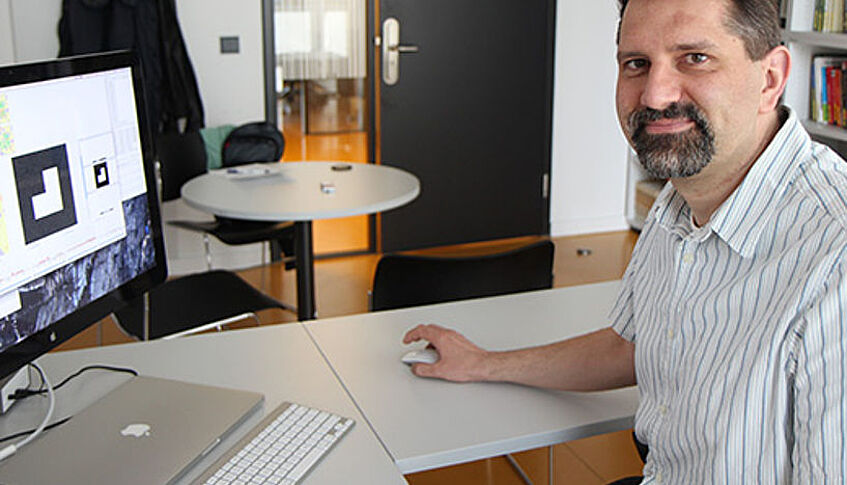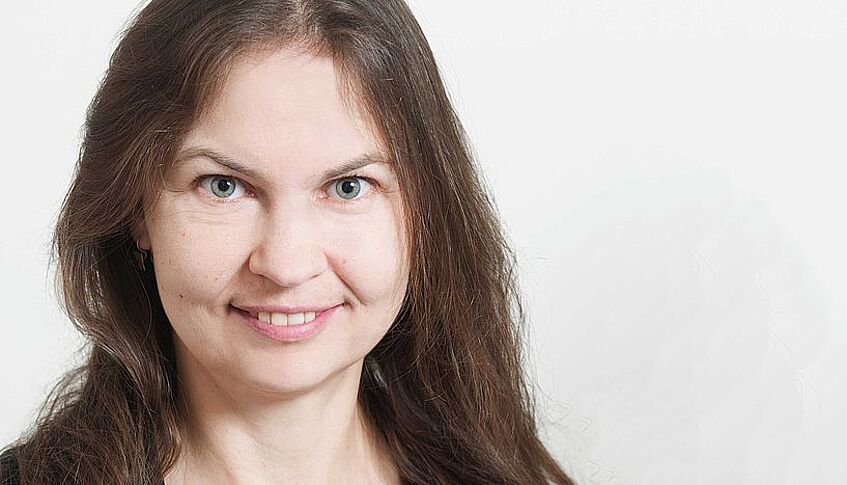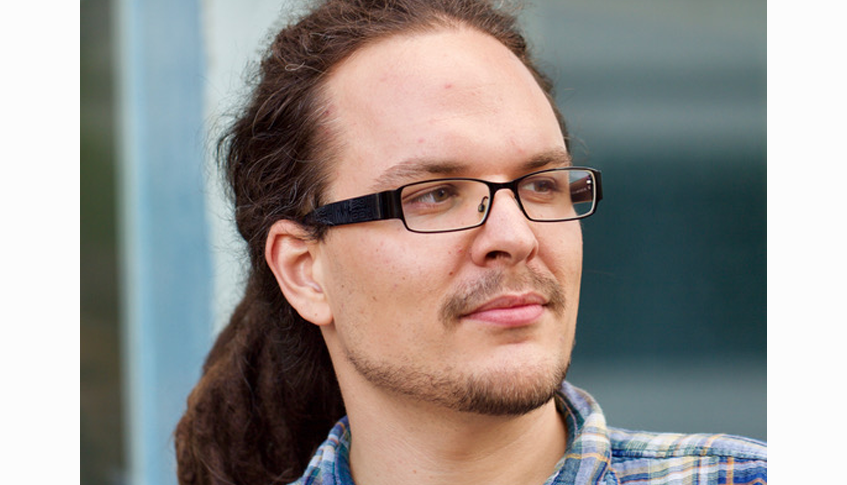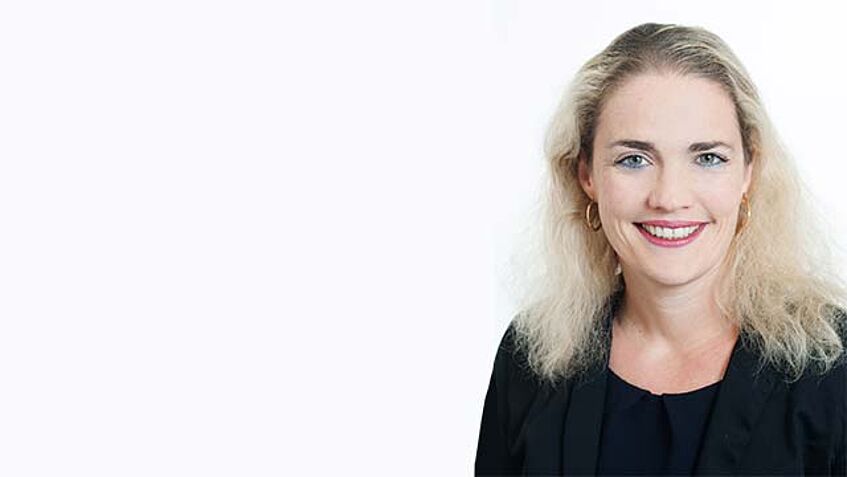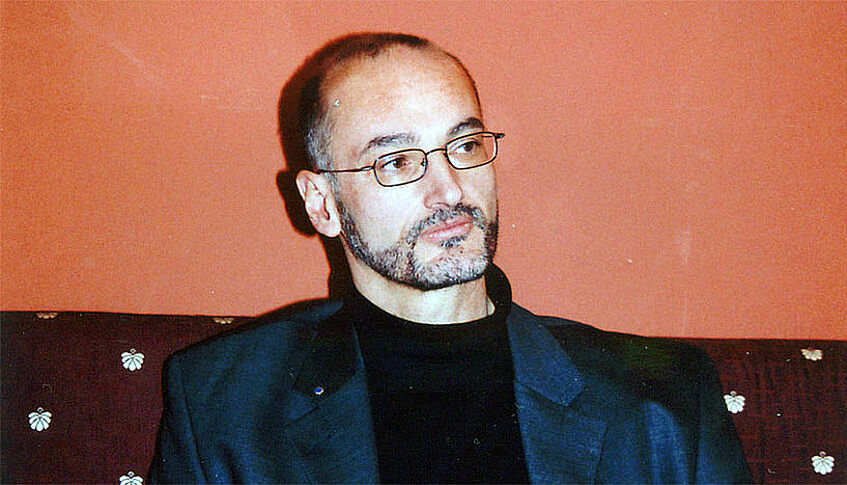João Alves
João Alves
João Alves is a professor of Stellar Astrophysics and researcher on the origins of stars and planets. He has developed a new technique to trace density and mass distribution inside giant molecular clouds, the nurseries of star and planet formation, and is a leader on the structure of stellar embryos and the origin of the observed distribution of stellar masses in the Universe. He has co-authored more than 200 papers in peer-reviewed journals that have amassed more than 20000 citations. João Alves did his PhD thesis work at the Harvard-Smithsonian Center for Astrophysics in Cambridge, Massachusetts. He moved in 1999 to Germany to become a European Southern Observatory (ESO) Fellow to Garching. In 2001 he became ESO staff and Head of Visiting Astronomers Section in 2003, where he was in charge of managing the scientific evaluation of ESO proposals and time allocation. In 2006 he moved to Southern Spain to take the directorship of the Max-Planck - CSIC German-Spanish Astronomical Center in Calar Alto. Since 2010, he is full professor for Stellar Astrophysics at the University of Vienna and currently the Vice-Dean of the Faculty of Earth Sciences, Geography and Astronomy. From 2018 to 2019 he was Fellow at the Harvard Radcliffe Institute. João Alves is involved in the European ESA Gaia satellite mission and in the data simulation from the planned European Extremely Large Telescope (ESO-ELT).
Tara Andrews
Tara Andrews
Tara Andrews became University Professor of Digital Humanities at the Institute for History in 2016. She has also served as a Scientific Director of the Austrian Centre for Digital Humanities and Cultural Heritage (ACDH-CH) at the ÖAW since 2018. With a Bachelor of Science in Humanities and Engineering from the Massachusetts Institute of Technology (1999), and the degrees of Master (2005) and Doctor (2009) of Philosophy in Byzantine and Armenian studies from the University of Oxford, her dual scientific training as well as her professional experience in the software industry has provided valuable and rare perspectives on the use of digital and computational methods in humanities domains. Andrews’ fields of expertise include the history and historiography of the Christian Near East in the tenth to twelfth centuries, the application of computational and statistical methods for reconstruction of the copying history of ancient and medieval manuscripts (stemmatology), and reflection on the implications of employing digital media and computational methods in humanities contexts. She has been invited to give keynote presentations at both academic and industry conferences, has contributed to both the Armenian-source content and the technical maintenance of the online “Prosopography of the Byzantine World”, has edited or co-edited two collections of papers on the subject of software and computational analysis in textual studies, and has published several journal articles as well as a monograph on topics that cover both medieval Armenian history and digital scholarly practice. Her scientific output also extends to research software, most notably the ‘Stemmaweb’ suite of online tools for analysis of text variants and their associated stemma hypotheses, but also including a range of smaller tools whose source code has been released to the public on Github. From 2021–2026 she will be PI of the ERC project RELEVEN, aiming to bring a new perspective to the history of the eleventh century in the Christian world by digitally re-modeling the data we have.
Andreas Baumann
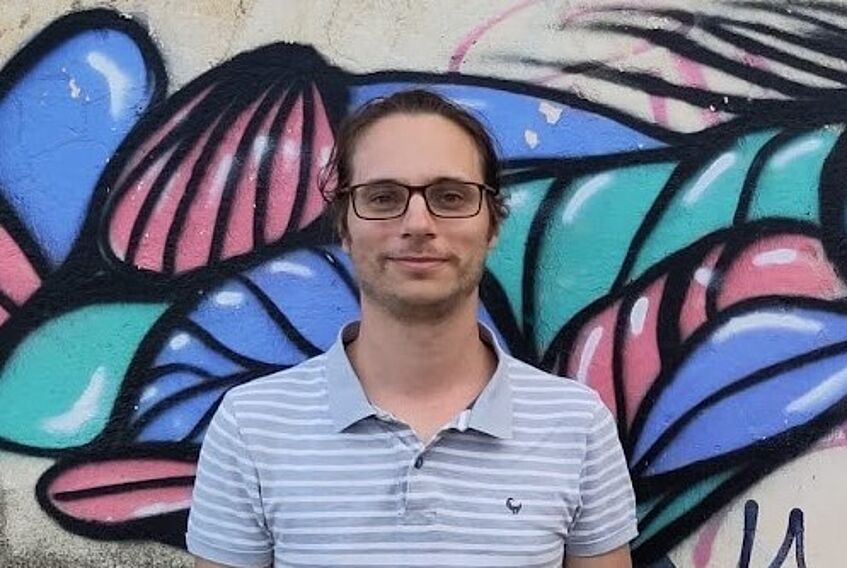
Andreas Baumann
Andreas Baumann is assistant professor of Digital Linguistics at the Department of German Studies, University of Vienna. He has served as coordinator of the MA programme in Digital Humanities at the Faculty of Philological and Cultural Studies where he is part of the DH steering group. He was visiting scholar at the University of Stellenbosch and the University of Turin, and he is lecturer at Adam Mickiewicz University, Poznań, as well as guest researcher at the Austrian Center of Digital Humanities and Cultural Heritage (ÖAW). Having a background in Linguistics, Mathematics, and Cognitive Science, he does research on modeling language evolution and change. In his research, Andreas combines techniques from mathematical ecology and evolution as well as methods from the field of data science and corpus linguistics. This involves the analysis of dynamical systems that model the evolution of linguistic constituents such as words or sounds to approach language change from a theoretical point of view, as well as empirically studying the dynamics of linguistic constituents with the help of large-scale diachronic text corpora and (psycho)linguistic databases. Andreas was Co-PI in two DH projects on lexical change. The project "Diachronic dynamics of lexical networks" was about investigating short-term semantic change in Austrian German by examining networks of words. In the project "Dynamic sentiment analysis as emotional compass for the digital media landscape", changes in the emotions associated with persons of public interest in Austrian media were assessed. Andreas teaches courses on quantitative, digital, and computational linguistics.
Immanuel Bomze
Immanuel Bomze
The research interests of Immanuel Bomze are in the areas of nonlinear optimization, qualitative theory of dynamical systems, game theory, mathematical modelling and statistics, where he has edited one and published four books, as well as over 100 peer-reviewed articles in scientific journals and monographs. Around the turn of the millennium, he coined, together with his co-authors, the now widely used terms “Standard Quadratic Optimization” and “Copositive Optimization” or “Copositive Programming”. Among the manifold applications of this approach are all (fractional) polynomial mixed-integer, and therefore also most Combinatorial optimization problems, which in turn can be used in Analytics, Data Mining and Machine Learning, to name but a few.
In 2014 Bomze was elected Fellow of EurOpt, the Continuous Optimization Working Group of the Association of European Operational Research (EURO), for which he currently serves as President-Elect and 2019-20 as the President. In 2016 he co-founded the Vienna Center of Operations Research (VCOR) for which he currently serves as a co-director. As a member of program and/or organizing committees, he co-organized various scientific events and he is an Associate Editor for six international journals. For over ten science foundations and councils and for almost 50 scientific journals he acted as a reporting referee. 2011-2017 he served as Co-Editor in Chief of the European Journal of Operational Research, one of the worldwide leading journals in the field. From 2021 Bomze serves as Editor-In-Chief for the EURO Journal of Computational Optimization.
Hajo Boomgarden
Hajo Boomgarden
Hajo Boomgaarden is Professor for Empirical Social Science Methods with a Focus on Text Analysis at the Department of Communication and his substantial research interests in political communication draw on various forms of data and analyses techniques. Having founded the Computational Communication Science Lab and having engaged with various applications of innovative data and analyses, he has been pushing the establishing computational methods in his field. Hajo currently serves as deputy scientific director of the Austrian Social Science Data Archive, deputy director of the Vienna Center for Electoral Research and Vice-Chair of the Scientific Board of the European Social Survey. Also, he is member of the Editorial Boards of the International Journal of Public Opinion Research, Journal of Broadcasting & Electronic Media and of the European Journal of Political Research, and Associate Editor of Journal of Communication. His research interests focus on content analyses of media portrayals of politics and on media effects on political attitudes and behaviours and on methodological advances of content analysis techniques. Substantially he looks at issues such as media and European integration, media and migration, media election campaign and issue coverage, misinformation through media, media effects on economic perceptions, immigration attitudes and extreme-right voting or on framing effects.
Radu Boț
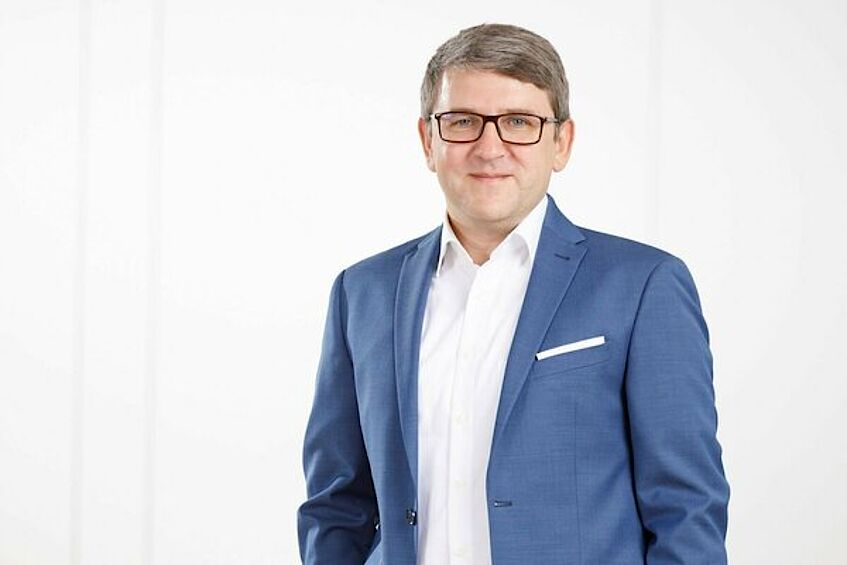
Radu Boț
Radu Boț is Professor for Applied Mathematics with Emphasis on Optimization at the Faculty of Mathematics. His research interests include theoretical investigations of nonsmooth optimization and minimax problems from both continuous and discrete perspectives, in particular their relation to the monotone operator theory, the design, development and convergence analysis of numerical algorithms, and their validation by numerical experiments in signal processing, machine learning and data science, financial risk minimization and network communication. He is co-author of a monograph on vector optimization and of a book on duality in convex optimization, both published at Springer, and of 165 peer-reviewed research articles out of which 145 are published in journals and proceedings volumes indexed in the ISI Web of Science. He has been principal investigator in several research projects funded by the German Research Foundation, the German Federal Ministry of Education and Research, the Australian Research Council, the Romanian National Research Council and is currently principal investigator for standalone research projects and the Speaker of the FWF DK “Vienna Graduate School on Computational Optimization” funded by the Austrian Science Fund. He has been involved in cooperation related to data-driven research with German and Austrian industrial companies. He serves as Associate Editor for several research journals in the areas of applied mathematics and optimization, including the Journal of Optimization Theory and Applications, Optimization Letters, Applied Mathematics and Computation, Applied Mathematics and Optimization, Optimization Methods and Software, Computational Optimization and Applications, and the prestigious SIAM Journal on Optimization. Currently, he is the Dean of the Faculty of Mathematics of the University of Vienna.
Mark Coeckelbergh
Mark Coeckelbergh
Mark Coeckelbergh is a full Professor of Philosophy of Media and Technology at the Department of Philosophy and Vice Dean of the Faculty of Philosophy and Education of the University of Vienna. His expertise focuses on ethics and technology, in particular robotics and artificial intelligence. He is currently a member of various entities that support policy building in the area of robotics and artificial intelligence, such as the High Level Expert Group on Artificial Intelligence, which advices the European Commission, and the Austrian Robotics Council (Rat für Robotik, established by the Austrian Government to support policy building in the area of robotics), the Foundation for Responsible Robotics, and the IEEE Global Initiative for Ethical Considerations in Artificial Intelligence and Autonomous Systems. He is also former President of the Society for Philosophy and Technology (SPT), author of 12 philosophy books, and has been involved in interdisciplinary collaborations in the context of the European research projects INBOTS, DREAM (robot-enhanced therapy) and SATORI (ethical impact assessment of research and innovation).
Christa Cuchiero
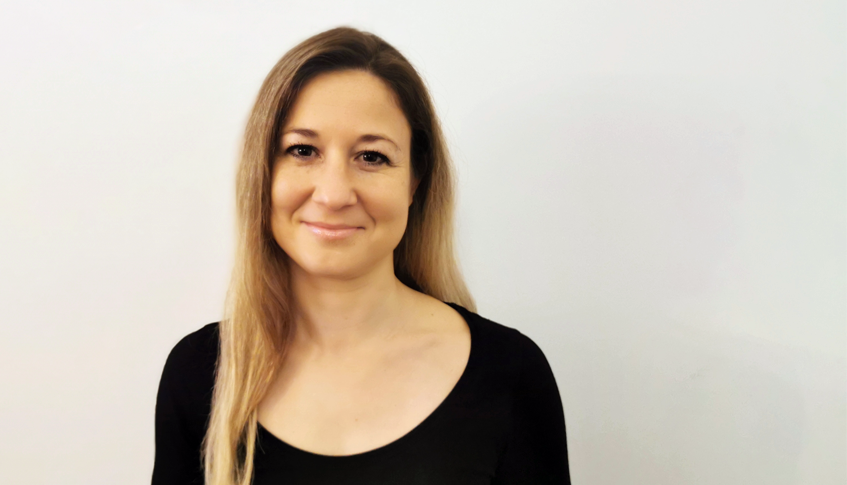
Christa Cuchiero
Christa Cuchiero is professor of Quantitative Risk Management at the University of Vienna since 2020. She received a Master's degree in Mathematics from the Technical University of Vienna in 2006 and a Ph.D. in Mathematics from ETH Zurich in 2011. Her research interests include Mathematical Finance, Stochastic Analysis and Quantitative Risk Management, especially data driven risk inference, machine learning in Finance and Economics, statistics of stochastic processes as well as universal approximation in dynamic situations.
Christa was awarded several prizes and fellowships, in particular the prestigious START award of the Austrian Science Fund (FWF). She publishes in top journals of Applied Probability and Mathematical Finance, has given a number of invited keynote talks at renowned conferences, serves on the editorial board of several leading journals and has co-organized international conferences and workshops in the area of Quantitative Finance and Stochastic Analysis.
Christoph Dellago
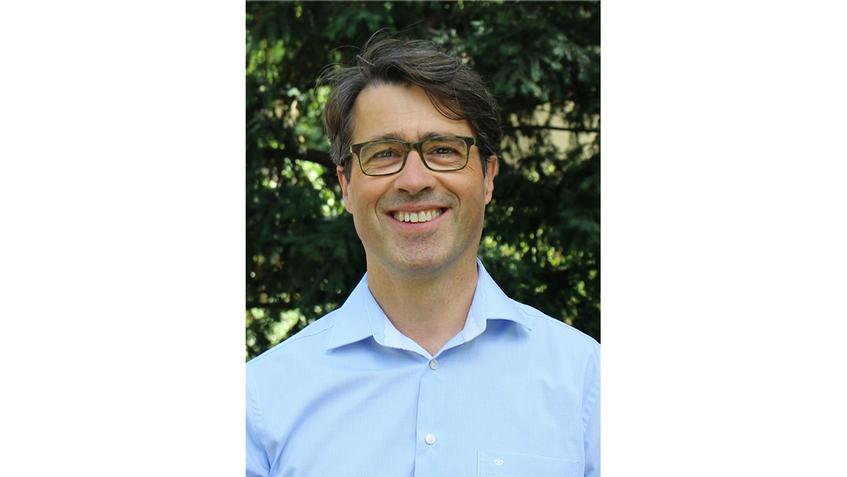
Christoph Dellago
Christoph Dellago is a professor of Computational Physics at Faculty of Physics of the University of Vienna. After obtaining his PhD in physics in 1996, he worked as postdoctoral researcher at UC Berkeley. In 1999 he started his independent career as Assistant Professor at the University of Rochester before returning to the University of Vienna in 2003 as full professor. In his research, Christoph Dellago focuses on the development and application of simulation algorithms to investigate dynamical processes in condensed matter systems. In particular, he has helped to create the transition path sampling methodology for the simulation of rare but important events, such as nucleation processes, chemical reactions and biomolecular reorganizations. More recently he has applied machine learning to molecular structure recognition and the representation of potential energy surfaces. Current research topics include self-assembly of nanocrystals, folding of biopolymers, interfaces, phase separation, cavitation, freezing and non-equilibrium work fluctuations. Christoph Dellago has co-authored about 200 papers published in many journals including Science, Nature Nanotechnology, PNAS, and Physical Review Letters. In 2005 he was awarded The Raymond and Beverly Sackler Prize in the Physical Sciences and in 2014 he received the UNIVIE Teaching Award of the University of Vienna. He has served in numerous administrative positions, for instance as Dean of the Faculty of Physics of the University of Vienna, and has organized numerous scientific meetings including the 11th Liquid Matter Conference as well as numerous topical workshops. He has served as President of the Council of CECAM and currently he is the director of the Erwin Schrödinger Institute of Mathematics and Physics at the University of Vienna.
Karl Dörner
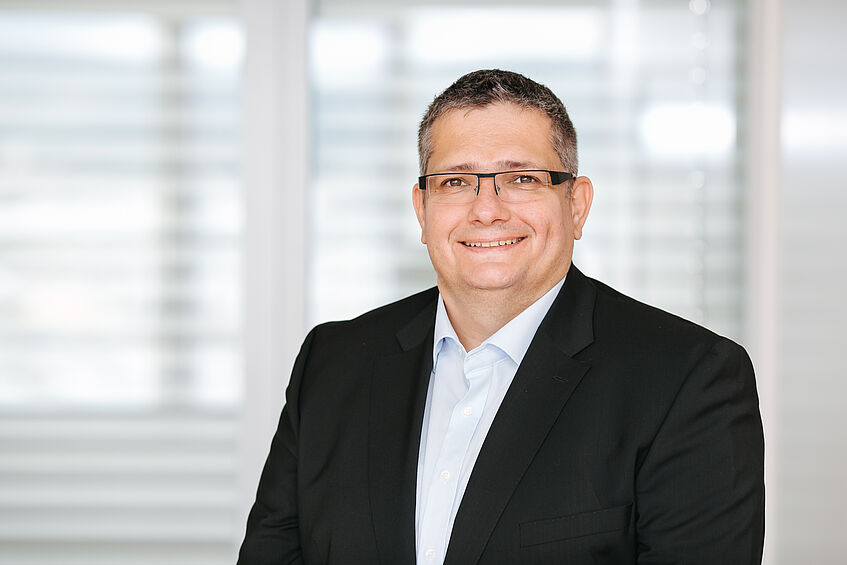
Karl Dörner
Karl Dörner is professor of business administration with a focus on production and logistics at the University of Vienna. Dörner's research interests are the development of meta- and matheuristic search techniques and multi-agent systems for complex problems in production and logistics. His research focuses on problems in distribution logistics, integrated problems in supply chain management, inventory routing, production routing, industry 4.0 and disruption management. He has co-authored more than 90 peer-reviewed scientific publications (more than 50 papers in peer-reviewed journals) mainly in the field of transportation logistics. He serves as area editor for distribution logistics in the journal flexible services and manufacturing systems. Dörner received his doctoral degree from the University of Vienna in 2001. From 2000 to 2007 he joined the department of business administration at the University of Vienna. From 2007-2008 he was senior researcher at Salzburg Research, from 2008-2009 professor at the University of Hamburg, 2009-2010 assistant professor (tenure track) at the University of Vienna. 2011-2014 head of the institute for production and operations management at the Johannes Kepler University Linz. Between 2013-2020 he was also the head of the Christian Doppler laboratory on efficient intermodal transportation located at the University of Vienna.
Jan Fabian Ehmke (co-speaker)
Jan Fabian Ehmke (co-speaker)
Jan Fabian Ehmke is Professor of Business Analytics in the Department of Business Decisions and Analytics at the Faculty of Business, Economics and Statistics. He received a diploma degree in Business Information Systems Engineering at the University of Braunschweig in 2007 and a doctoral degree from the same university in 2011. In 2012, he was a visiting PostDoc in the Department of Business Analytics at the University of Iowa. From 2013-2016, he was a (non-TT) assistant professor of Advanced Business Analytics at the Freie Universität Berlin, Germany. Before he moved to the University of Vienna in April 2020, he was a full professor of Management Science at the University of Magdeburg, Germany. Ehmke's research interests are methods of descriptive, predictive and prescriptive analytics for mobility and transportation services. He is particularly interested in improving efficiency, reliability and sustainability of these services as well as in combining them according to complex customer requirements. An important part and motivation of his work is the availability and analysis of large amounts of operational transportation service data and the aggregation of this data for dynamic and stochastic optimization methods. Ehmke published his work in internationally known transportation journals such as Networks, European Journal of Operational Research and Transportation Research - Part E. He currently is associate editor of the Flexible Services and Manufacturing Journal. He was also editor of several special issues, e.g. on "Smart Services: The Move to Customer-Orientation" and "Computational Mobility, Logistics and Transportation". Ehmke has been elected president (elect) of the INFORMS Transportation Science and Logistics Society and will serve from 2021 to 2023. Ehmke was co-organizer of the 2015 TSL Workshop, the annual meeting of the GOR 2017, as well as a Dagstuhl workshop on "Computational Challenges in Cooperative Intelligent Urban Transport" in 2015. He received the Best Paper Award of the City Logistics conference 2011, was nominated for the Green Transportation Award of TRISTAN in 2014, and received the faculty's teaching award at the University of Magdeburg in 2018 and 2019.
Hannes A. Fellner
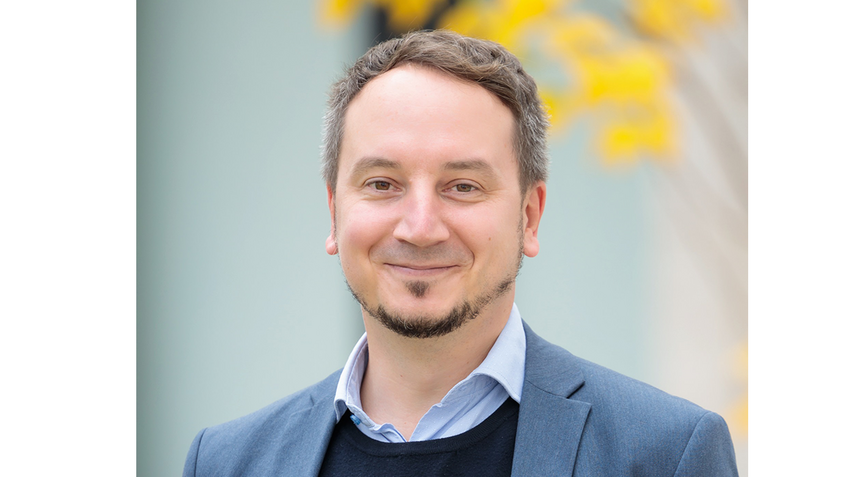
Hannes A. Fellner
Hannes A. Fellner (PhD, Harvard University) is Full Professor of Digital Corpus Linguistics in the Department of Comparative Literature and Language Studies at the Faculty of Philological and Cultural Studies, University of Vienna. His research combines historical-comparative linguistics and digital philology, with a focus on theoretical and computational approaches to language change, nominal morphology, and the ecology and diversity of languages.
He was Principal Investigator of the FWF START project "The Characters that Shaped the Silk Road – A Database and Digital Paleography of Tarim Brahmi", which explored the Central Asian variant of the Indian Brahmi script through data-driven methods. He currently serves as Co-Principal Investigator of the WWTF Digital Humanism project "Disentangling Effects of Digitization on Linguistic Diversity", which examines the global relationship between digitization and linguistic diversity.
Fellner is a member of the Digital Humanities Steering Committee at the University of Vienna, an elected member of the Young Academy of the Austrian Academy of Sciences, and serves as Academic Director of the (former Boltzmann) Institute for China and Southeast Asia Studies.
Nikolaus Forgó
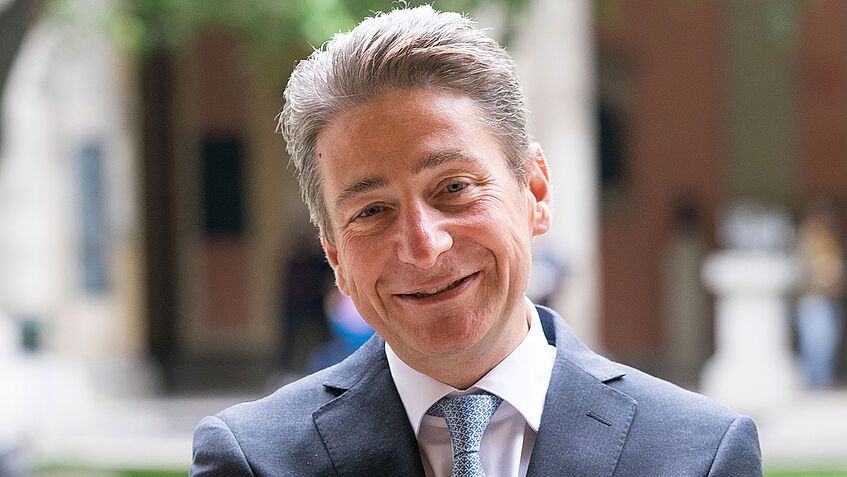
Nikolaus Forgó
Nikolaus Forgó is Professor for Technology and Intellectual Property Law. He studied law in Vienna and Paris. In 1998, he founded and was head of the university course for information and media law at the University of Vienna. From 2000 until 2017, he was Professor for IT Law and Legal Informatics as well as Director of the Institute for Legal Informatics at Leibniz University Hannover. There, he was also active as Data Protection Officer and Chief Information Officer. From 2013 until 2017, Forgó was Director of the Research Center L3s. Since 2017 he is Professor for Technology and Intellectual Property Law at the University of Vienna, Institute for Innovation and Digitalisation in Law. Since 2018 Nikolaus Forgó is an expert member of the Austrian Data Protection Council. His research is focused on extensive dogmatic and third-party funded research for European, German and Austrian clients regarding questions of IT law, in particular data protection and data security law. His activities include evaluation and consulting i.a. for the European Commission, the German Research Foundation, the German Ethics Council as well as various German and Austrian ministries.
Gramoz Goranci
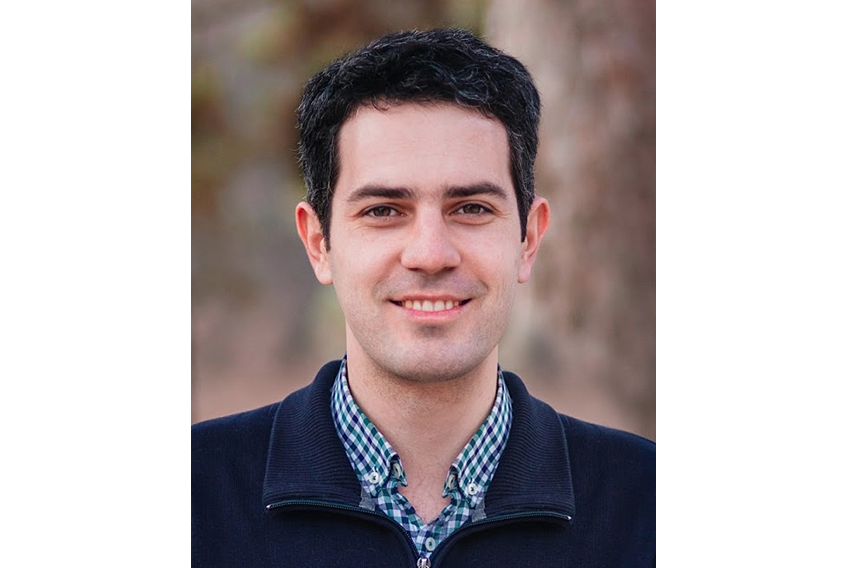
Gramoz Goranci
Gramoz Goranci is a tenure-track assistant professor of algorithms in the Faculty of Computer Science at the University of Vienna. He has a broad interest in the design and analysis of algorithms and their connection to optimization, graph theory, numerical linear algebra, and machine learning. His recent research focuses on designing provably efficient dynamic algorithms for various optimization problems.
Previously, Gramoz held positions as a visiting researcher at the Simons Institute, UC Berkeley, and an advanced fellow at ETH Zurich. He completed his postdoc at the University of Toronto, held a lectureship at the University of Glasgow, and received his PhD from the University of Vienna under Monika Henzinger. His research has been published in peer-reviewed top-tier conferences of theoretical computer science and machine learning, including STOC, FOCS, SODA, ICML, and KDD.
Philipp Grohs
Philipp Grohs
Philipp Grohs received a Master's degree in Mathematics from the Technical University of Vienna in 2006 and a doctoral degree in Applied Mathematics from the Technical University of Vienna in 2007. From 2011 to 2016 he was a (non-TT) Assistant Professor at ETH Zurich and currently he is Professor of Mathematics at the University of Vienna. His research interests are in Signal Processing, Numerical Analysis, Computational Harmonic Analysis, Machine Learning and Computational Geometry. Recently he has made important contributions towards an understanding of deep learning algorithms. His research has been disseminated in the form of more than 60 articles in the highest rated journals in the fields of applied mathematics and machine learning. He has given several invited addresses; recent highlights include a keynote address at the Deep Learning Workshop 2017, a plenary address at the Curves and Surfaces conference 2018, and a plenary address at the highly prestigious FoCM2020 conference. He is co-organizer of several workshops, among them an Oberwolfach workshop on Nonlinear Data or the Oberwolfach Seminar on The Mathematics of Deep Learning, both held in 2018. In 2014 he became the first mathematician in 30 years to receive the interdisciplinary ETH Latsis Prize. Since 2017 he serves on the editorial board of the IEEE Transactions on Information Theory.
Moritz Grosse-Wentrup
Moritz Grosse-Wentrup
Moritz Grosse-Wentrup heads the Research Group Neuroinformatics in the Faculty of Computer Science at the University of Vienna. He develops machine learning algorithms that provide insights into how large-scale neural activity gives rise to (disorders of) cognition, and applies these algorithms in the domain of cognitive neural engineering, e.g., to build brain-computer interfaces for communication with severely paralyzed patients, design closed-loop neural interfaces for stroke rehabilitation, and develop personalized brain stimulation paradigms. He has received numerous awards for his work, including the 2011 Annual Brain-Computer Interface Research Award, the 2014 Teaching Award of the Graduate School of Neural Information Processing at the University of Tübingen, and the 2016 IEEE Brain Initiative Best Paper Award.
Oliver Hahn
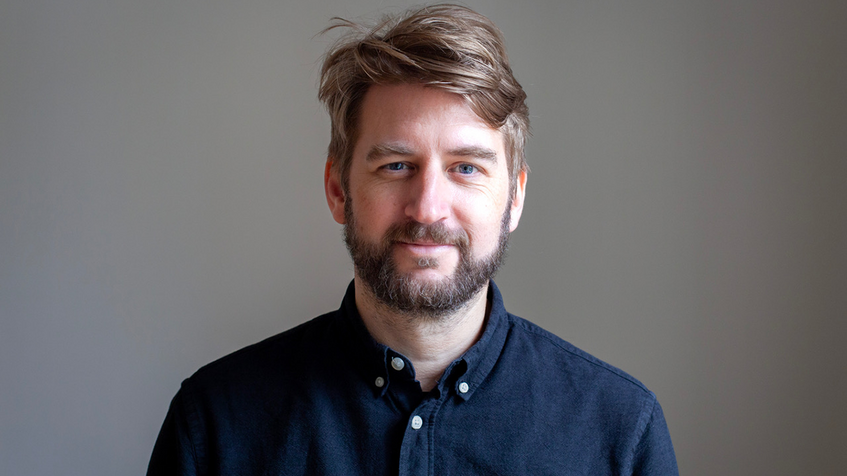
Oliver Hahn
Oliver Hahn is a full professor of Data Science in Astrophysics and Cosmology since 2020 with a shared appointment at the Faculty of Earth Sciences, Geography and Astronomy and the Faculty of Mathematics. His research focus is in computational cosmology, i.e. the modelling of the formation and evolution of structure in our Universe: from the tiny quantum fluctuations in the earliest Universe to the galaxies and galaxy clusters we observe today. He and his group develop new numerical and data-driven methods to make best sense of the data from current and upcoming observatories and shed light on the big mysteries of contemporary physics: what is dark matter, dark energy, and what were the initial conditions of our Universe?
Oliver Hahn received his PhD from the ETH Zurich in 2009, then worked as a postdoctoral fellow at Stanford University/SLAC until 2012 and then again at ETH Zurich until 2015, when he was appointed a full professor of physics at the Université de la Côte d'Azur in Nice, France. In 2015 he was awarded an ERC Starting Grant of the European Council. He is the author of some of the most used software tools in computational cosmology.
Kathrin Hanauer
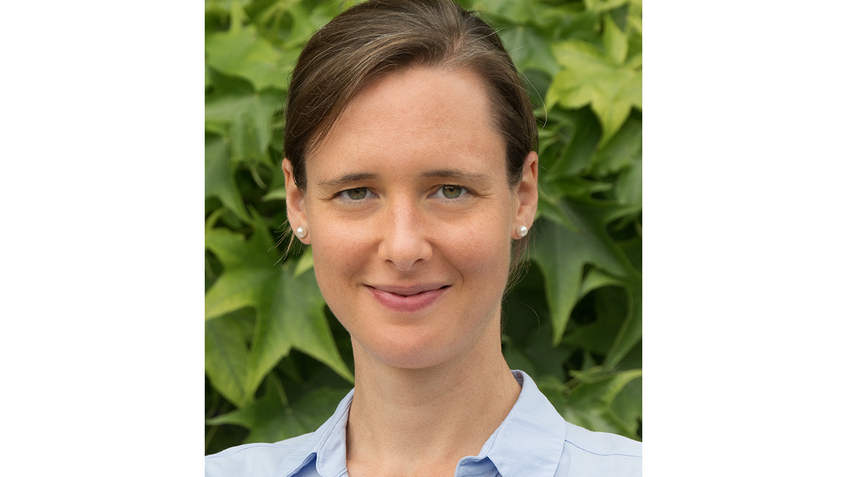
Kathrin Hanauer
Kathrin Hanauer is a tenure-track Assistant Professor of Algorithms for Scalable AI in the Theory and Application of Algorithms Research Group at the Faculty of Computer Science, University of Vienna. She earned her doctoral degree in 2018 from the University of Passau, Germany, and subsequently completed a postdoctoral fellowship under Monika Henzinger at the University of Vienna.
Kathrin’s research focuses on graphs, algorithms, and their real-world applications, with a particular emphasis on bridging the gap between theoretical foundations and practical implementations. Her current work centers on algorithm engineering and the development of efficient algorithms for dynamic graph problems.
Her work has been published in leading conferences such as ALENEX, INFO-COM, and KDD. In 2024, she served as the organizer of the Symposium on Experimental Algorithms (SEA) in Vienna and co-organized a Dagstuhl seminar on Discrete Algorithms for Modern and Emerging Compute Infrastructure.
Kathrin is also actively involved in the academic community. She currently serves as Vice Chair of the SIAM Activity Group on Applied and Computational Discrete Algorithms (ACDA) and is a member of the steering committee for ALENEX.
Nikolaus Hautsch
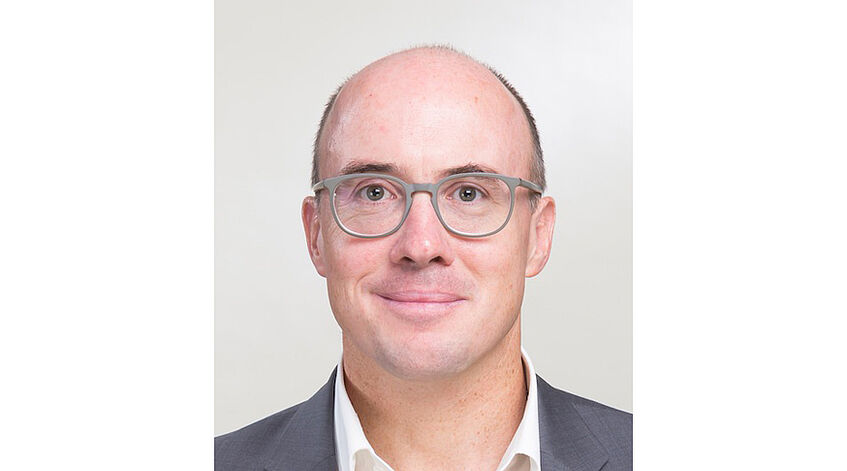
Nikolaus Hautsch
Nikolaus Hautsch is Professor of Finance and Statistics at the University of Vienna since 2013. He is an expert on financial econometrics and the analysis of high-frequency data. His research focuses, among others, on the estimation of asset return volatility and highdimensional covariance matrices using high-frequency data, empirical market microstructure analysis, systemic risk in financial networks and statistical techniques for risk management. He wrote and co-edited several books and publishes in leading journals in the area of finance, econometrics and statistics. Hautsch is elected fellow of the Society for Financial Econometrics, and research fellow of the Center for Financial Studies (CFS), Frankfurt. He serves on the editorial board of several leading academic journals. Hautsch had visiting positions at the University of Technology, Sydney, the University of Melbourne, the Université Catholique de Louvain, the University of Cambridge, and Duke University. He co-organized a number conferences in the area of financial econometrics, and served on many program committees. He acquired several research grants, and participated in a number of externally funded research networks. Hautsch received his Ph.D. in 2003 from the University of Konstanz. From 2004 to 2007 he joined the Department of Economics of the University of Copenhagen. Until 2013 he held the Chair of Econometrics at Humboldt University Berlin and was director of the Berlin Doctoral Program in Economics and Management Science. Since 2022, he is head of the Data Science project AIROW - Artificial Intelligence in Rowing (in cooperation with Austrian Rowing Federation, funded by BMKÖS).
Thilo Hofmann
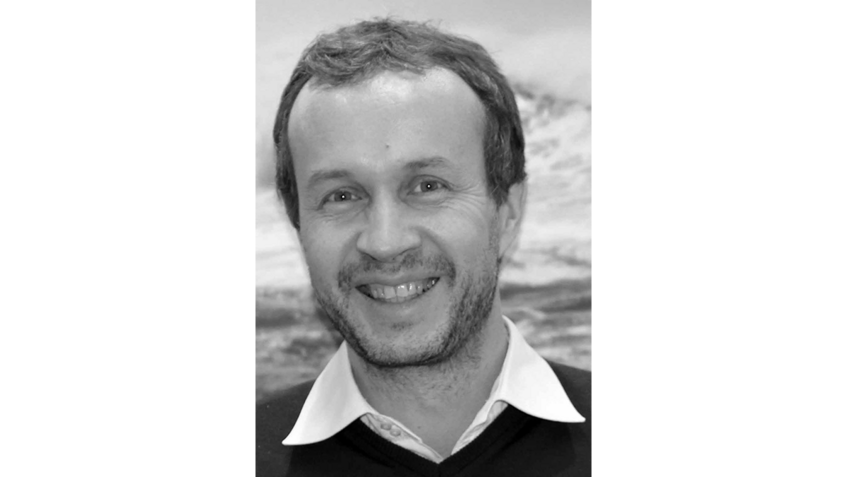
Thilo Hofmann
Thilo Hofmann received his PhD in aquatic geochemistry from Bremen University in 1998. From 1999 he was first a post-doctoral scholar, and then Assistant Professor at Mainz University. Since 2005 Thilo Hofmann has been Full Professor and Chair for Environmental Geosciences at the University of Vienna. His group works in nanogeosciences, environmental impact of nanotechnology, investigates trace contaminants and sorption to carbonaceous materials and microplastic, and in hydrogeology, including vulnerability analysis. Thilo Hofmann served as Vice Dean of the Faculty for Earth Sciences, Geography and Astronomy from 2006 to 2012 and then as Dean of the Faculty until 2016. He is director of the University of Vienna's Environmental Research Network, which he established in 2014; the network includes more than 130 scientists from the natural sciences, the social sciences, the humanities, law, and economics, aiming to tackle today’s environmental challenges. In March 2019 he was one of the founding members of the new Center for Microbiology and Environmental System Sciences at the University of Vienna.
Thilo Hofmann has published more than 150 peer-reviewed papers. He has received awards from the German Academic Scholarship Foundation, Berlin Technical University (the Erwin-Stephan Prize), and the German Water Chemical Society. In 2017 he was appointed Adjunct Full Professor in the Department of Civil and Environmental Engineering at Duke University (US). In 2018 he was honored as Guest Professor at the College of Environmental Science and Engineering at Nankai University, Tianjin (China).
Krzysztof Janowicz
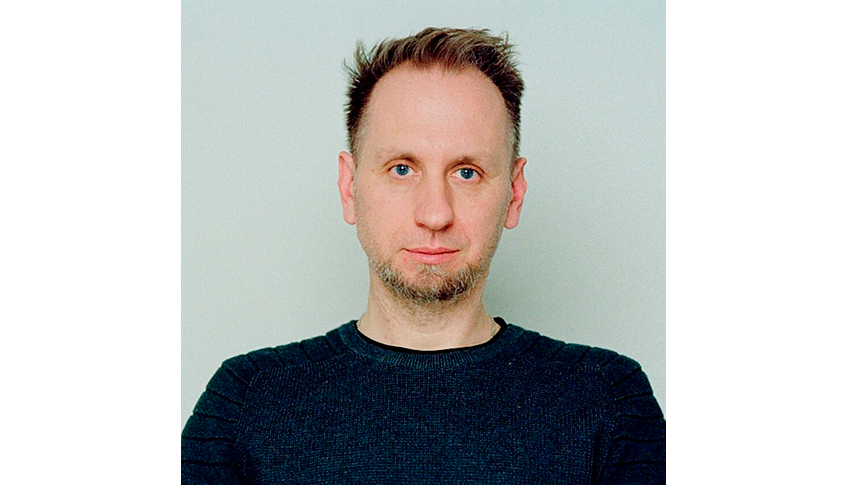
Krzysztof Janowicz
Krzysztof Janowicz is Professor for Cartography and Geoinformation Science working on Spatial Data Science. He is also the director of UCSB's Center for Spatial Studies, the former program chair of UCSB's Cognitive Science Program, and one of two Editors-in-Chief of the Semantic Web journal. Krzysztof has been a (full) professor of Geographic Information Science and Geoinformatics at the Geography Department of the University of California, Santa Barbara (UCSB), USA (since 2011). Before, he was an Assistant Professor at the GeoVISTA Center, Department of Geography at the Pennsylvania State University, USA (2009-2011). Before moving to the US, Krzysztof was working as a postdoctoral researcher at the Institute for Geoinformatics (ifgi), University of Münster in Germany for the international research training group on Semantic Integration of Geospatial Information and the Münster Semantic Interoperability Lab (MUSIL). He got his PhD in geoinformatics from the University of Münster in the summer of 2008. Methodologically, Krzysztof's niche is the combination of theory-driven (e.g., semantics) and data-driven (e.g., data mining) techniques.
Rebecca Kahn
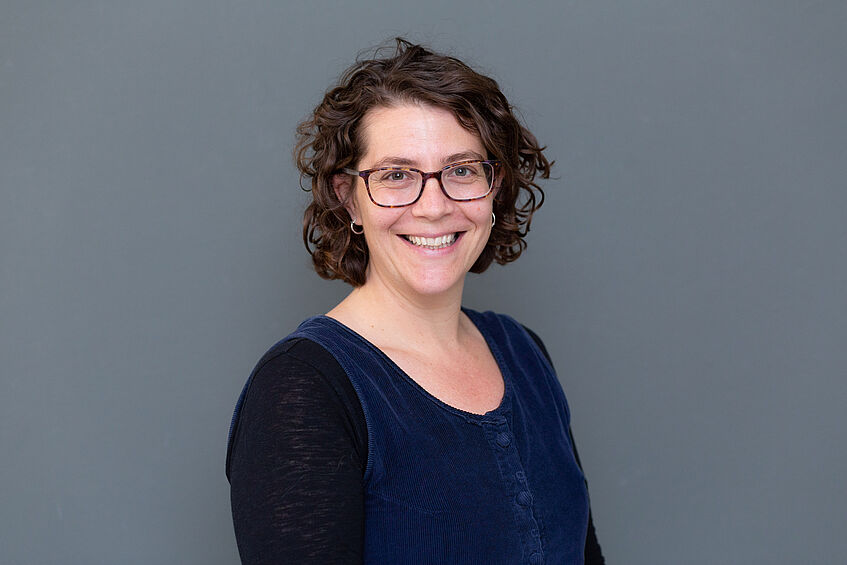
Rebecca Kahn
Rebecca Kahn is a postdoctoral researcher in Digital Humanities in the History Department at the University of Vienna. Her research project TSLIM (Towards Sustainable Linked Data Infrastructures for Museums) examines the challenges and possibilities presented by semantic technology for connecting complex collections of museum data.
After undergraduate studies in South Africa, Rebecca obtained her MA and PhD in Digital Humanities from King's College London, and subsequently spent four years as an Associate Researcher at the Alexander von Humboldt Institute for Internet and Society in Berlin, where she worked on a Pelagios, a collaborative project that developed tools and approaches for the semantic annotation and visualisation of space and place in digitised historical texts, images and objects. Current research interests include working with data from ethnographic and natural history museums in Germany, Austria and the UK.
Vladimir Kazeev
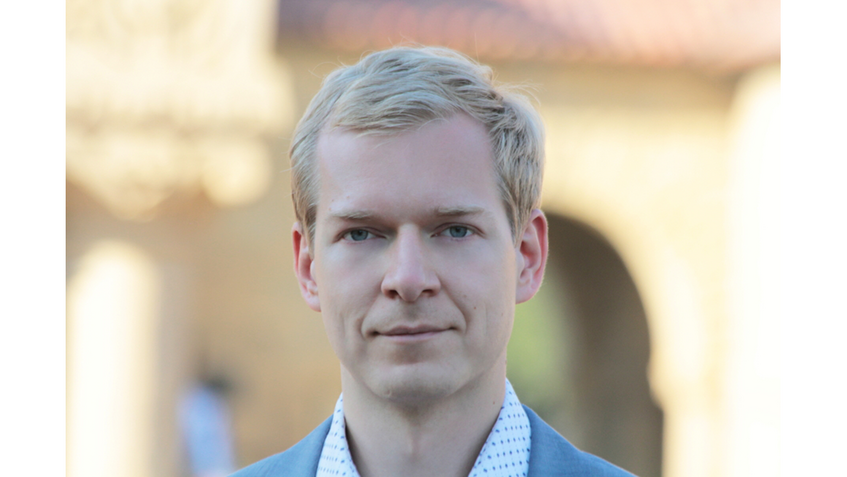
Vladimir Kazeev
Vladimir Kazeev is Tenure Track Assistant Professor of data-driven partial differential equations at the Faculty of Mathematics of the University of Vienna. He received his Bachelor's and Master's degrees in Applied Mathematics and Physics from the Moscow Institute of Physics and Technology and a doctoral degree in Mathematics from ETH Zurich. After that and prior to his present appointment, he was a postdoctoral researcher at the University of Geneva and Szego Assistant Professor at Stanford University. His area of expertise includes numerical analysis, computational methods for PDEs and numerical linear algebra, and his research is focused on the design, analysis and application of data-driven computational methods based on adaptive low-rank tensor approximation. A distinctive feature of such methods is that they afford the use of vast, computationally infeasible generic parametric spaces (such as discretization spaces in the case of PDE problems) by confining computation to suitable low-dimensional subspaces that are adapted, in the course of computation, to the specific data involved in a particular problem instance. As a result, they efficiently exploit certain types of hidden structure in data and outperform classical, analytically constructed problem- or data-specific methods in various PDE settings. Vladimir Kazeev has published in leading journals on computational mathematics and numerical analysis, such as SIAM journals, Numerische Mathematik and Foundations of Computational Mathematics (FoCM). He is part of the FWF-funded special research program «Taming Complexity in Partial Differential Systems», which is world-level research network in the analysis and numerical analysis of PDEs.
Nils M. Kriege
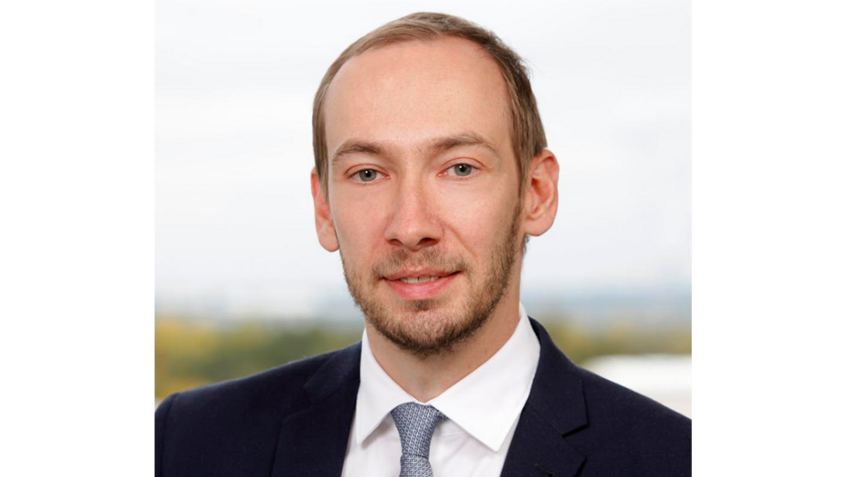
Nils M. Kriege
Nils M. Kriege is assistant professor and leader of the work group "Machine Learning with Graphs" at the Faculty of Computer Science at the University of Vienna. He received his PhD from the TU Dortmund University in 2015, was a visiting researcher at the University of York, and held an interim professorship for Algorithm Engineering at the TU Dortmund University. In 2019 he was awarded a WWTF Vienna Research Group for the project "Algorithmic Data Science for Computational Drug Discovery" and joined the University of Vienna in 2020. His research focuses on developing methods for data mining and machine learning with graphs by solving problems at the boundaries of machine learning, graph theory, and algorithmics. He contributes techniques to the broad topics of graph embedding, graph matching, and graph search in large databases. His ambition is to develop methods that are useful for solving concrete problems in real-world applications, especially in computational drug discovery. His research has been published in top-tier machine learning and data mining venues, including the International Conference on Machine Learning (ICML), the Conference on Neural Information Processing Systems (NeurIPS), and the IEEE International Conference on Data Mining (ICDM).
Sylvia Kritzinger
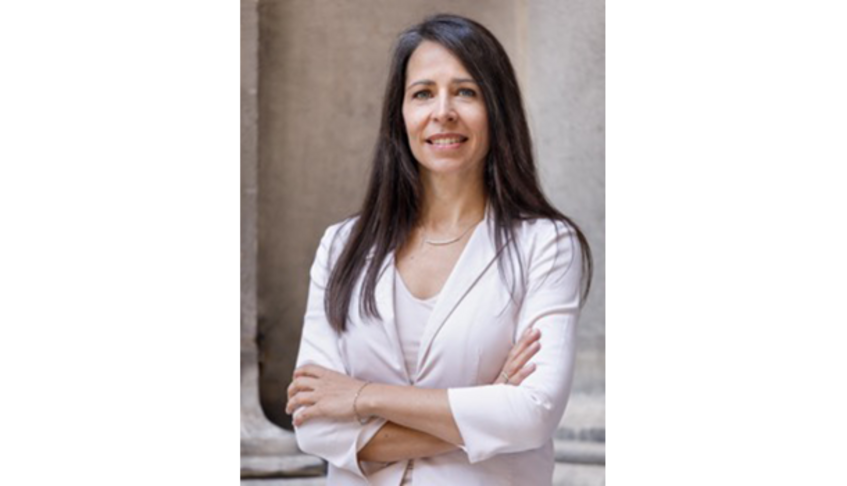
Sylvia Kritzinger
Sylvia Kritzinger is Professor of Methods in the Social Sciences at the Department of Government of the University of Vienna. She obtained her PhD in Political Science at the University of Vienna and was then Lecturer at Trinity College Dublin and Assistant Professor at the Institute for Advanced Studies (IHS-Vienna). She is one of the principal investigators of the Austrian National Election Study (AUTNES) and the Austrian Corona Panel Project (ACPP). She acts as Deputy Director of the Vienna Centre for Electoral Research (VieCER), the research network Interdisciplinary Value Research, and runs the digitalization project Digitize! Computational Social Science in the Digital and Social Transformation. She serves as deputy scientific director of the Austrian Social Science Data Archive and is member of the Methods Advisory Board (MAB) of the European Research Infrastructure European Social Survey (ESS). She is Associated Editor of the Journal of Election, Public Opinion and Parties and member of the Editorial Boards of West European Politics, European Union Politics and Italian Journal of Electoral Studies. Her research focuses on Political Behaviour and Electoral Research, Democratic Representation and Political Participation, and Survey Research. She has published inter alia in Comparative Political Studies, Political Communication, Electoral Studies, Journal of European Public Policy, British Journal of Political Science, West European Politics, etc.
Tatyana Krivobokova
Tatyana Krivobokova
Tatyana Krivobokova joined University of Vienna in 2020 as Professor of Statistics. She is an expert in Bayesian and non-parametric modelling and inference, also developing and studying dimension reduction techniques for complex data arising in various applications. Tatyana has been principle investigator in a number of interdisciplinary projects working with (development) economists and biophysicists. Her results have been published in top statistical journals, including Journal of the Royal Statistical Society Series B, Journal of the American Statistical Association, Journal of Machine Learning Research. She serves on the editorial board of several leading statistical journals and has been the elected member of the European Regional Committee of the Bernoulli Society.
Hannes Leeb
Hannes Leeb
Hannes Leeb is developing and analyzing statistical methods based on model-selection and shrinkage-type estimators, with a particular focus on scenarios where the sample size is small in relation to the number of parameters in the data-generating process. His results have been published in top tier statistics journals, including the Annals of Statistics, The Journal of The Royal Statistical Society Ser. B., and The Journal of The American Statistical Association. Also, he has been invited to present his results at numerous international conferences like the Joint Statistical Meetings, the IMS Annual Meetings, or the Sessions of the International Statistical Institute. He has co-organized the Vienna workshops on model selection and related problems, in 2008 and 2011.
Boris Maryasin
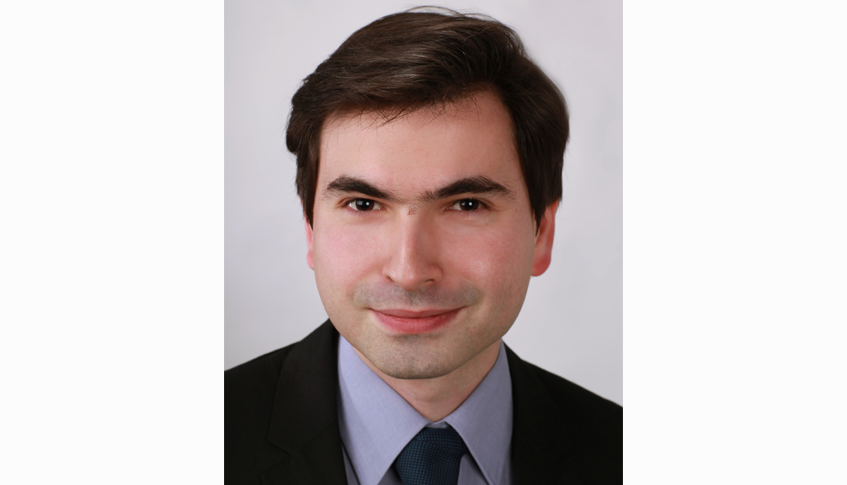
Boris Maryasin
Boris Maryasin is an expert in computational organic chemistry. His research focuses on clarifying the mechanisms of organic transformations and prediction of the reaction outcomes, such as regio- and enantioselectivity, using manifold quantum chemical approaches.
He received a Master's degree in Russia, did his PhD in Germany, had short stages in Israel and China, and is working currently on the interplay of theoretical and organic chemistry at the University of Vienna. The numerous collaborations with synthetic organic chemists allow him to verify and test the computational results, while the theoretical ideas generate an impact on the new experiments. His works are published in the highest-ranking journals and presented at many international conferences. The research aims to improve the efficiency of the experiments with computational methods, in other words, to build a bridge between theory and experiment.
Nuno Maulide
Nuno Maulide
Nuno Maulide is a Professor for Organic Synthesis and Head of the Institute of Organic Chemistry at the University of Vienna. He graduated with a Diploma in Chemistry from Instituto Superior Técnico in 2003 before completing the Master's Degree of the Ecole Polytechniqe in 2004. His PhD, from the Université catholique de Louvain (Belgium) in 2007, dealt with novel reagents for complex molecular synthesis (Supervisor: István E. Markó). Following a postdoctoral stay at Stanford University (USA) with Barry M. Trost, he became a Max-Planck Research Group Leader at the MPI for Coal Research in Mülheim an der Ruhr (Germany) in 2009 before receiving the call for a Chair at the University of Vienna (Austria) in 2013.
Since 2018, Nuno Maulide is an Adjunt PI at the Center for Molecular Medicine of the Austrian Academy of Sciences (CeMM) and a Corresponding Member of that Academy. His work deals with the exploration of reactivity in chemical synthesis and the preparation of biologically active natural products. It has resulted in more than 120 publications and 3 ERC Grants (StG 2011; CoG 2016; PoC 2018), as well as an ongoing Christian-Doppler Laboratory for Entropy Oriented Drug Design.
Nuno Maulide was the Austrian Scientist of the Year 2018 and has authored a popular science book entitled "Die Chemie stimmt!".
Torsten Möller (speaker)
Torsten Möller (speaker)
Torsten Möller is an expert on visual data analysis and has been investigating the visual exploration of data-driven und computational models for nearly a decade. He has been given several keynote talks on this issue and has a number of highly cited papers on the issue. He heads the research group on Visualization and Data Analysis. He served as the appointed Vice Chair for Publications of the IEEE Visualization and Graphics Technical Committee (VGTC) between 2003 and 2012. He has served on a number of program committees and has been papers co-chair for IEEE Visualization, EuroVis, Graphics Interface, and the Workshop on Volume Graphics as well as the Visualization track of the 2007 International Symposium on Visual Computing. He has also co-organized the 2004 Workshop on Mathematical Foundations of Scientific Visualization, Computer Graphics, and Massive Data Exploration as well as the 2010 Workshop on Sampling and Reconstruction: Applications and Advances at the Banff International Research Station, Canada. He is a co-founding chair of the Symposium on Biological Data Visualization (BioVis). In 2010, he was the recipient of the NSERC DAS award. He received best paper awards from IEEE Conference on Visualization (1997), Symposium on Geometry Processing (2008), EuroVis (2010), and ACM Intelligent User Interfaces (IUI, 2016), as well as two second best paper awards from EuroVis (2009, 2012). In 2016 he received the Teaching Award from the University of Vienna.
Philipp Petersen
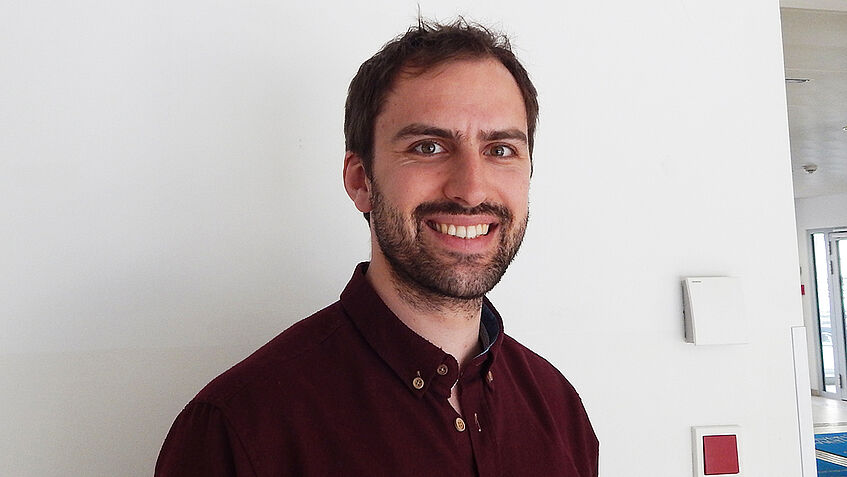
Philipp Petersen
Philipp Petersen is an expert on the mathematical analysis of machine learning. Since 2019, he is an assistant professor for machine learning at the mathematical institute of the University of Vienna. Before that, he completed a post-doc position at the University of Oxford and did his PhD at the Technical University of Berlin. His research focuses on the interplay of deep neural networks and numerical analysis. Particular foci are the expressivity of various architectures of deep neural networks, structural challenges for the optimization or training of deep neural networks, and the applicability of deep learning in numerical algorithms to solve partial differential equations or inverse problems. Philipp Petersens works are published in the highest-ranking journals in the field of applied mathematics. He has been invited to present his results at various international conferences such as the SIAM Conference on Mathematics of Data Science, SIAM Conference on Uncertainty Quantification, Foundations of Computational Mathematics (FoCM) 2020 and the Third and Fourth International Conference on Mathematics of Data Science in Hong Kong. He has co-organised the "Third International Conference on Compressed Sensing and its Applications" and the conference ''Wavelet and Tensor Methods for Partial Differential Equations'' in 2017 at TU Berlin.
Claudia Plant (co-speaker)
Claudia Plant (co-speaker)
Claudia Plant is full professor, leader of the Data Mining research group and vice dean at the Faculty of Computer Science University of Vienna, Austria. We focus on new methods for exploratory data mining, e.g., clustering, anomaly detection, graph mining and matrix factorization. Many approaches relate unsupervised learning to data compression, i.e. the better the found patterns compress the data the more information we have learned. Other methods rely on finding statistically independent patterns or multiple non-redundant solutions, on ensemble learning or on nature-inspired concepts such as synchronization. Indexing techniques and methods for parallel hardware support exploring massive data. Claudia Plant has co-authored over 100 peer-reviewed publications, among them more than 30 contributions to the top-level data mining conferences KDD and ICDM and 3 Best Paper Awards. Papers on scalability aspects appeared at SIGMOD, ICDE, and the results of interdisciplinary projects in leading application-related journals such as Bioinformatics, Cerebral Cortex and Water Research. In the year 2020, Claudia served together with Haixun Wang (Google Research) PC Chair of the IEEE ICDM Int. Conf. on Data Mining, which is besides the KDD conference the top venue of the field. Since 2018, she is Associate Editor of the Journal "Knowledge and Information Systems" and regularly serves as a program committee member for the conferences KDD, ICDM, SDM and ECML-PKDD. Since 2013, Claudia Plant has obtained over 3.5 Mio. € of third party funding, most importantly a Helmholtz Young Investigators group and recently a large digitalization project funded by the Federal Ministry Republic of Austria Education, Science and Research.
Benjamin Roth
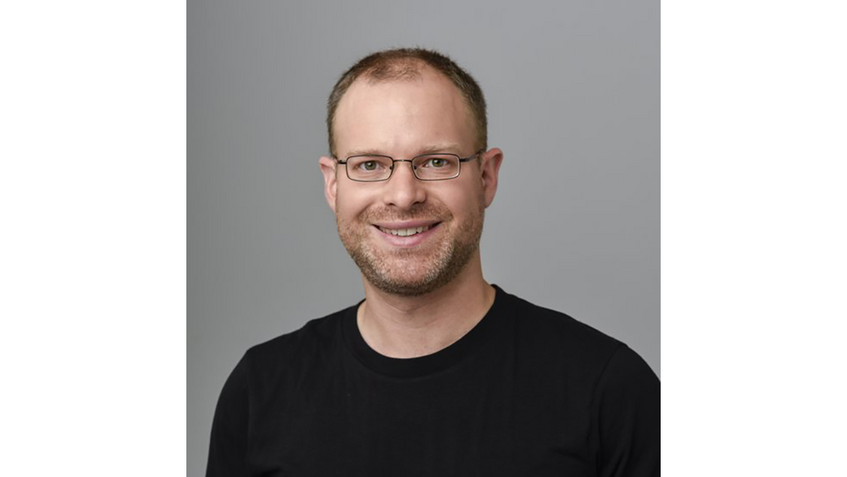
Benjamin Roth
Benjamin Roth is a professor in the area of deep learning & statistical NLP, leading the WWTF Vienna Research Group for Young Investigators "Knowledge-Infused Deep Learning for Natural Language Processing".
Prior to this, he was an interim professor at LMU Munich. He obtained his PhD from Saarland University and did a postdoc at UMass, Amherst. His research interests are the extraction of knowledge from text with statistical methods and knowledge-supervised learning.
Lukas Steinberger
Lukas Steinberger
Lukas Steinberger has studied Cultural Anthropology and Statistics at the University of Vienna and has received his PhD in Statistics in 2015. After a post-doctoral appointment at the University of Freiburg and a visiting professorship at the Technical University of Munich, he is now Assistant Professor of Statistical Machine Learning in the Faculty of Business, Economics and Statistics at the University of Vienna. In his research he focuses primarily on challenging problems of high-dimensional data analysis and model selection, on statistical issues of data privacy protection and on trade-offs between statistical accuracy and numerical efficiency of learning algorithms. He has developed valid statistical methods for inference post-model-selection that guarantee a certain error control even though the same data have been previously used for exploratory analysis and hypothesis generation. He has also made important contributions to the theoretical understanding and optimal use of the nowadays increasingly popular method of differential privacy, a powerful statistical tool that allows data owners to publish sensitive information without giving up their privacy.
Sebastian Tschiatschek
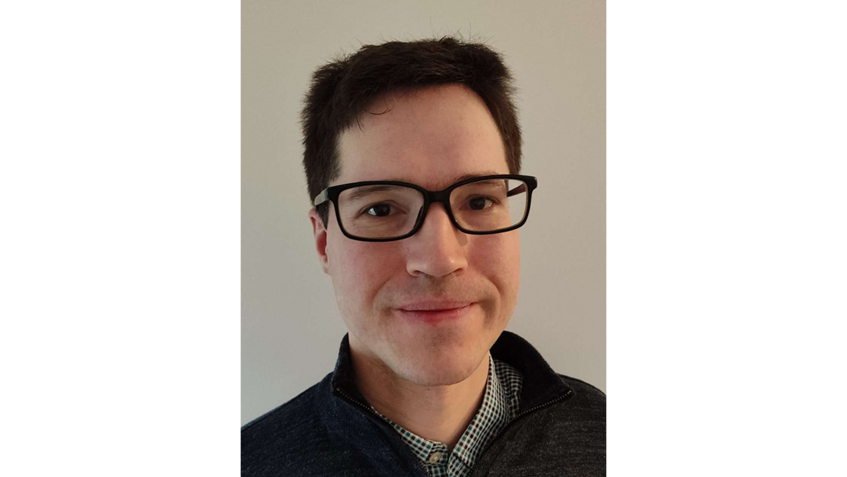
Sebastian Tschiatschek
Sebastian Tschiatschek is assistant professor for Machine Learning at the Faculty of Computer Science at the University of Vienna. He received his PhD from Graz University of Technology in 2014. After his PhD, he was a postdoctoral fellow at ETH Zurich and a senior researcher in the machine learning and perception group at Microsoft Research in Cambridge. He develops (probabilistic) machine learning algorithms for handling structured objects and sequential decision making. His research focuses on expressive models for heterogeneous data and on the impact of uncertainty and its quantification, for instance on sequential decision making and human-machine interaction. His research is published at top venues of machine learning, including the International Conference on Machine Learning (ICML), the Conference on Neural Information Processing Systems (NeurIPS) and the International Conference on Learning Representations (ICLR).
Yllka Velaj
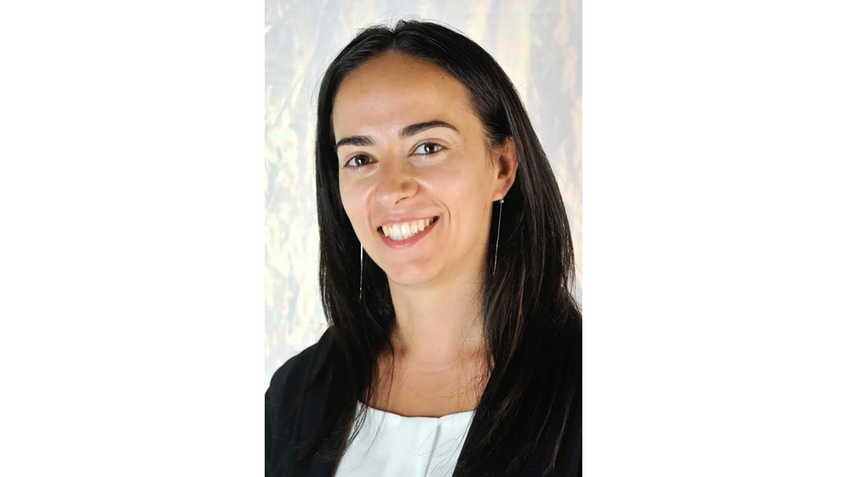
Yllka Velaj
Yllka Velaj is assistant professor in the research group Data Mining and Machine Learning and leader of the work group "Scalable Algorithms for Graph Mining" at the Faculty of Computer Science at the University of Vienna. She obtained her PhD from the international school for advanced studies Gran Sasso Science Institute in L'Aquila, Italy, in 2017. Before joining the data mining team in Vienna in 2020, she worked as a researcher in different institutes such as Centrum Wiskunde & Informatica (CWI) in Amsterdam and ISI Foundation in Turin Italy.
Her research interests include network analysis, data mining with a focus on clustering algorithms, and algorithm engineering. She develops efficient algorithms for the analysis of heterogeneous, attributed, large networks, for multi-relational graphs, and for influence propagation and information diffusion.
Her research has been published in peer-reviewed top conferences and journals in computer science, including ACM Web Conference (former WWW), the International Conference on Very Large Data Bases (VLDB), the SIGKDD Conference on Knowledge Discovery & Data Mining (KDD), the International Joint Conference on Artificial Intelligence (IJCAI), and the International Conference on Autonomous Agents and Multi Agent Systems (AAMAS).
Jürgen Zanghellini
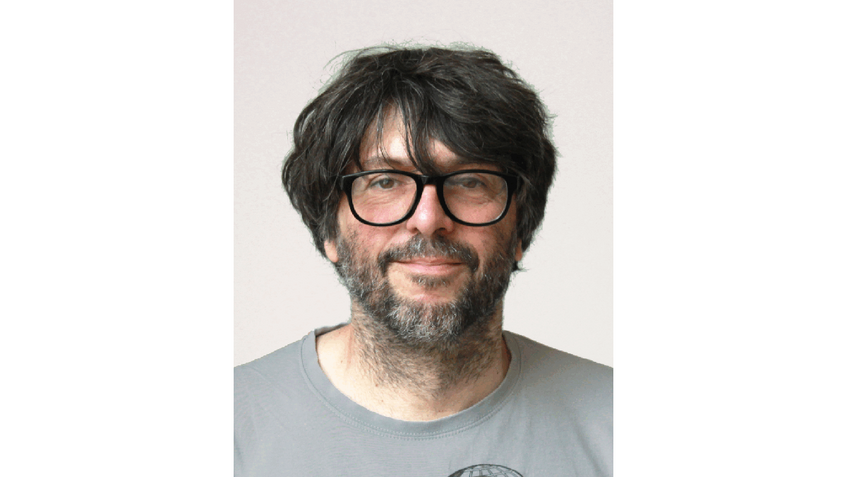
Jürgen Zanghellini
Jürgen Zanghellini is a full professor of Chemical Bioinformatics Network Analysis at the Faculty of Chemistry, University of Vienna, a position he has held since 2020. He holds a Master's degree in electrical engineering and a Ph.D. in (theoretical) physics from the Vienna University of Technology. After completing his Ph.D., he transitioned into the field of computational Systems Biology, dedicating his career to this area ever since. After a series of PostDoc positions across the globe he returned to Vienna and assume the role of a group leader at the Austrian Centre of Industrial Biotechnology (acib).
His research primarily revolves around computational modelling of (industrial) bioprocesses and covers all aspects of in silico research from the extraction of information to the identification and quantification of molecules, to the mechanistic analysis and interpretation of multi-omics data, to the rational design of (microbial) cell factories. In addition to his applied research, he is strongly interested in the theoretical underpinnings of COnstraint-Based Reconstruction and Analysis (COBRA). Specifically, he explores how the topological properties of complex metabolic networks shape and contribute to cellular functions.
Former Board Members
Anatole von Lilienfeld
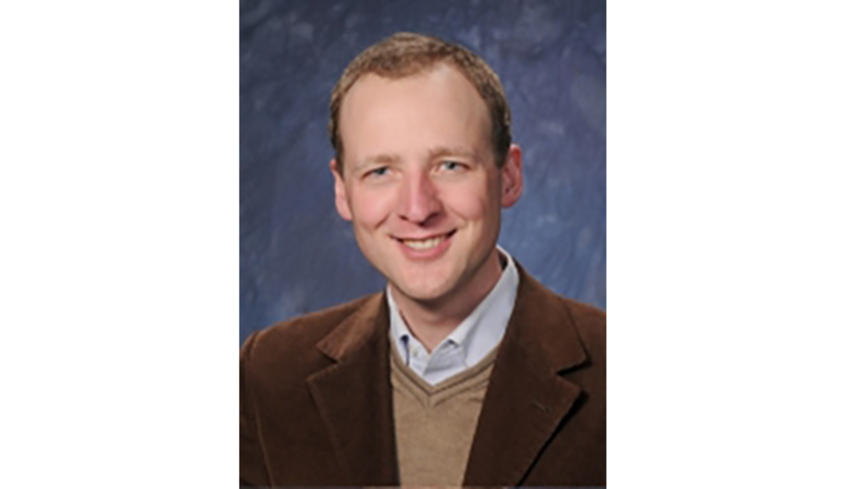
Anatole von Lilienfeld
Anatole von Lilienfeld develops methods for the first principles based sampling of chemical compound space using quantum mechanics, super computers, Big Data, and machine learning. He is also interested in pseudopotentials, van der Waals forces, density functional theory, molecular dynamics, and nuclear quantum effects. As of 2020 Anatole is the newly appointed professor for “Computational Materials Discovery” in the Faculty of Physics at the University of Vienna. Since 2019 Anatole has been an Associate Professor of Physical Chemistry at the Department of Chemistry at the University of Basel, after returning from the Free University of Brussels (where he was Associate Professor from Jan – May 2016) as a Tenure Track Assistant Professor in June 2016. He was a Swiss National Science Foundation Assistant Professor in the Institute of Physical Chemistry at the Department of Chemistry at the University of Basel from 2013-2015. Prior to that he was member of scientific staff at the Argonne National Laboratory’s Leadership Computing Facility in Illinois which hosts one of the world’s largest supercomputers accessible to open science and research. In spring 2011 he chaired the 3 months program, “Navigating Chemical Compound Space for Materials and Bio Design”, at the Institute for Pure and Applied Mathematics, UCLA, California. From 2007 to 2010 he was a Distinguished Harry S. Truman Fellow at Sandia National Laboratories, New Mexico. Anatole carried out postdoctoral research at the Max-Planck Institute for Polymer Research (2007) and at New York University (2006).
Stefanie Rinderle-Ma
Stefanie Rinderle-Ma
Stefanie Rinderle-Ma is full professor and head of the research group Workflow Systems and Technology at the Faculty of Computer Science. Her expertise is on process-oriented information systems, business intelligence, and compliance and security in process-aware applications. Stefanie has co-authored the book on Fundamentals of Business Intelligence (together with W. Grossmann) which has been downloaded approx.. 24.000 times since 2015 7 . In her research, Stefanie has focused on advanced process mining techniques and data quality and integration techniques for various applications. This work was funded by several projects, for example, a cluster project with the Medical University of Vienna on process mining and compliance in skin cancer treatment as well as an FFG-funded project on process mining in smart grid environments. In addition to these application areas Stefanie has gained expertise in Industry4.0 and Cyber-Physical Systems based on, for example, the FP7 EU project ADVENTURE on process-oriented manufacturing networks. Moreover, she participates as research partner in the recently started Comet Center for Digital Production (CDP).
Wolfgang Schmale
Wolfgang Schmale
Wolfgang Schmale is professor emeritus for modern and contemporary history with a digital-humanities research focus. Since the 1990s he has conducted a couple of digital projects based on research and e-learning projects, including development of a content management system such as “hypertextcreator”. The Database “continentallegories.univie.ac.at” is the outcome of a transdisciplinary research project in history and art history. It shows how the Humanities can create research data and put them open access for other researchers while adding the value of scientific interpretation. Schmale has contributed to the theory of digital humanities through a monograph (Digital History, 2010, in German) and an article collection (ed., Digital Humanities, 2015), not to mention keynotes, review articles and earlier achievements such as “E-Learning Geschichte” (2007). He is actually working on the “Digital Age”. See also: https://wolfgangschmale.eu/category/digital-humanities/ Wolfgang Schmale retired in autumn 2021.

